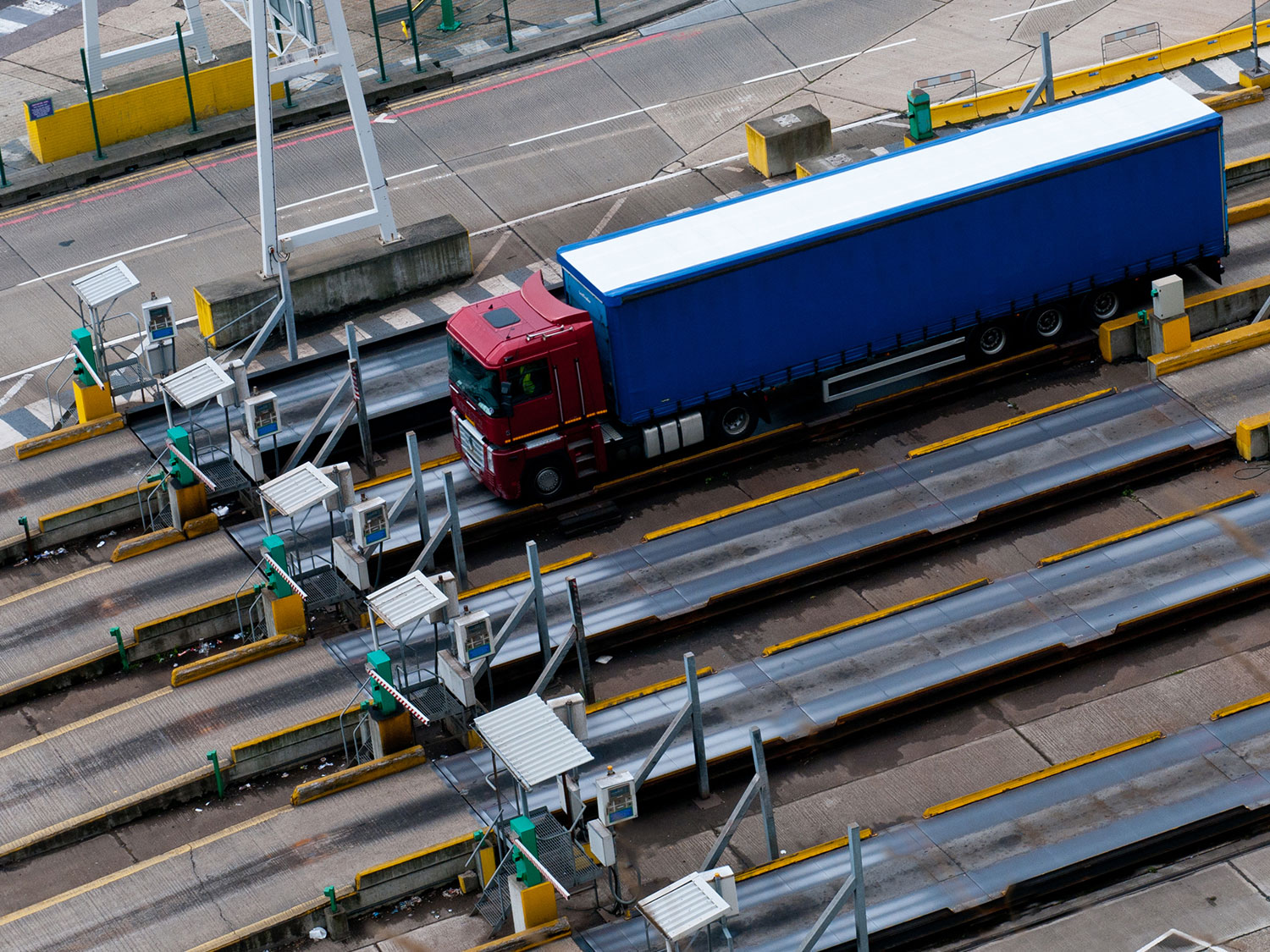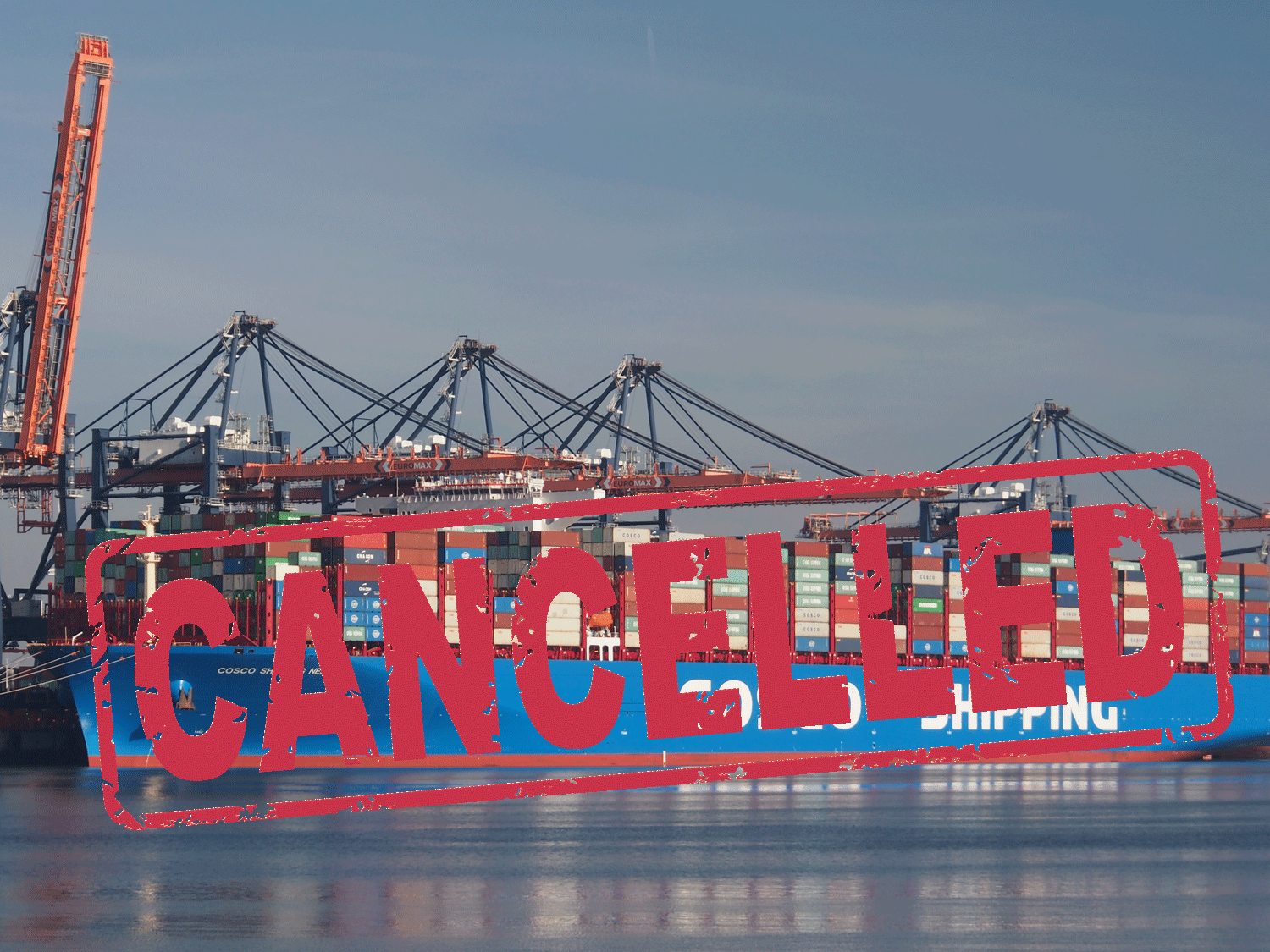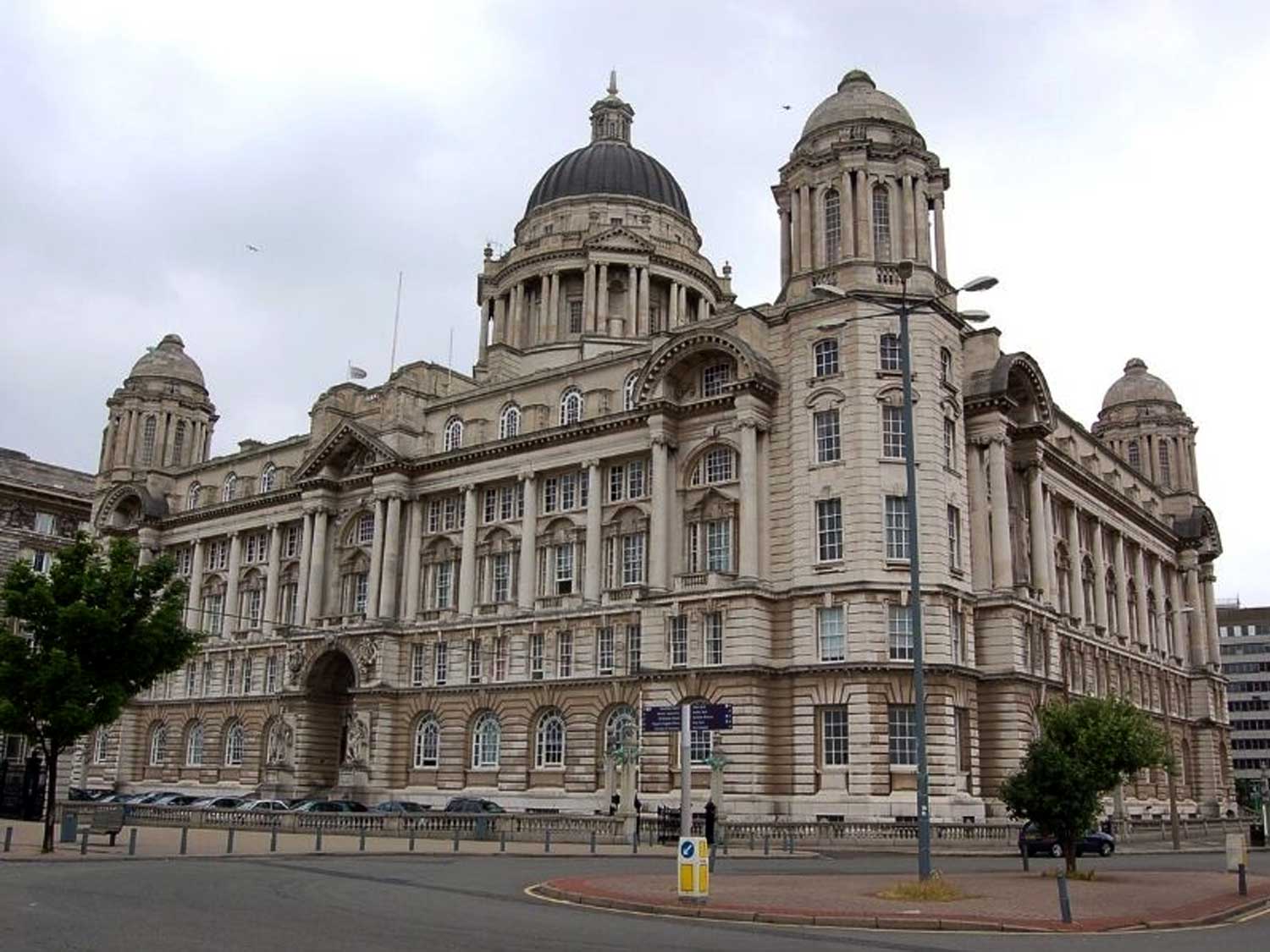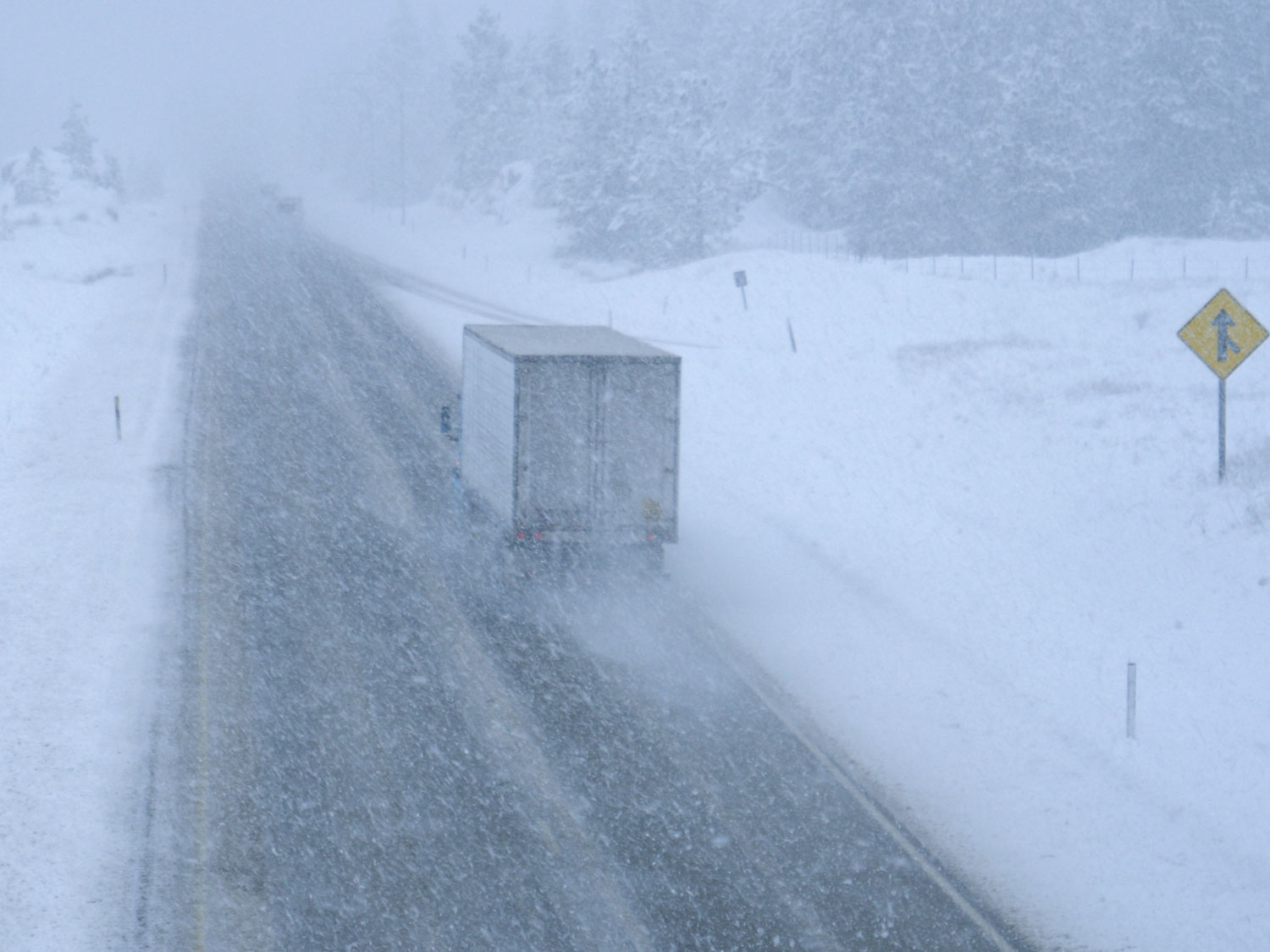Post a No-Deal exit shippers will need to declare EU goods imported into the UK by submitting a customs declaration and pay any duty and tax owed. But HMRC have announced easements to simplify the process.
All shippers will need to declare EU goods imported into the UK by submitting a customs declaration and pay any duty and tax owed.
Easements to simply this process, previously announced by HMRC in the run up to the original March Brexit deadline, have now been extended for the 31st October 2019 deadline.
Economic Operator Registration and Identification number
- HMRC has allocated all VAT registered importers an EORI
- If you are not VAT registered but need to an EORI number for another customs procedure or system you should complete this form.
Simple importing process
- You can appoint us to clear your cargo under customs freight simplified procedures.
- If you’re not authorised to use the customs freight simplified procedures but still want to benefit from it, we can use the procedure on your behalf.
- You’ll need a duty deferment account (or use ours) and will still be liable for any customs duty, excise duty or VAT due.
Transitional Simplified Procedure
- Transitional simplified procedures are simple measures to make regular importing as easy as possible.
- Register for transitional simplified procedures to transport your goods into the UK without having to make a full customs declaration in advance.
- It’s quick and simple to apply for TSP and is the best option to avoid import delays.
- Submission of the final declaration under this easement has been extended for six months to 5th May 2020.
- If you are uncertain which of these processes you need, or how to prepare for Brexit, you can contact us directly for free and impartial advice.
Inward processing relief (IPR)
- IPR allows you to suspend customs duty and import VAT on goods that you import while they’re being repaired or processed.
- For example, if you import sheet metal into the UK to turn into a car chassis and then export it to Germany.
- You can then export the goods or enter them into another customs procedure without paying duty or VAT. You’ll pay customs duties and VAT when the goods are in free circulation.
- You can choose to base the duties you’ll pay on the value of the goods at import, or the value of the final product after processing.
Outward processing relief (OPR)
- OPR allows you to temporarily export goods from the UK for processing or repair and then claim full or partial duty relief from UK customs duty when you re-import them. For example, if you export buttons from the UK to be sewn on to shirts in Italy, then import the shirts back into the UK for sale.
ATA Carnets
- The ATA Carnet is an international customs document that allows you to temporarily import commercial samples, professional equipment or goods (for example if you’re going to a trade fair or exhibition).
- If you have an ATA Carnet you can use a single document to clear goods through customs in countries that are part of the ATA Carnet system.
- If you do not have an ATA Carnet you must go through each country’s customs procedures for the temporary admission of goods.
Standard goods
- Frontier declarations are not required for Standard goods, but make sure we have your EORI number, as Customs will know which EORI numbers are TSP approved. Those that are will be released immediately.
Controlled goods
- Certain controlled goods still qualify for TSP, but will require a frontier declaration prior to importation.
Contact us for advice, if you are uncertain whether your imports are standard or controlled.
Post-Brexit Tariff
- 87% of products are zero-rated (at least for 12 months). - It is critical that you correctly identify your commodity codes and cross-reference these to your products.
- The applicable duty rate is linked to the commodity code. Speak to us if your are uncertain, or require a ruling from HMRC, because if you get it wrong, you may pay too much. Or not enough and then face retrospective demands and the possibility of penalties.
HMRC payment
- Import VAT will be handled through your normal VAT return and will not need to be paid at the time of importing.
- Duty payments WILL be paid at clearance, so ensure you have a method of payment.
- This can be your own deferment account with Customs or you can use ours for a minimal fee.
Documentation
- We will always require commercial invoice (or pro-forma invoice in some cases) and packing list which identifies what is in each package type. This is useful should Customs need to open the back of the trailer – the packing list is used to cross-check cargo against the invoice.





